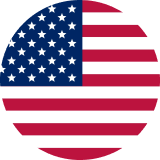A Branded Lie: The 5 Most Egregious Cases of False Advertising in the Past Decade
Sometimes, what you see isn’t what you get.
Effective advertising is increasingly necessary — but false advertising can be potentially devastating to a brand’s image. For companies that cross the thin line between hyperbole and falsehood, the consequences can be costly: decreased revenue, negative publicity, and lawsuits sap resources and drive away once loyal consumers. Let’s take a look at some of the most notorious cases of blatant false advertising:
1. Airborne
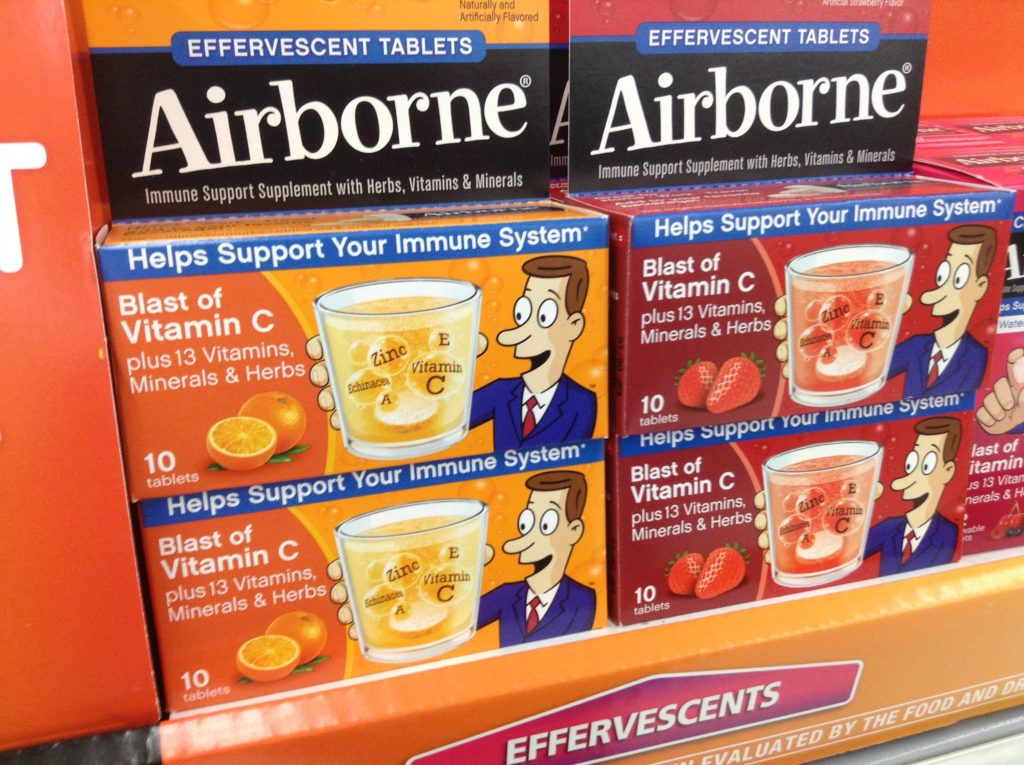
Herbal supplement Airborne made waves when it entered the marketplace, claiming its formula — developed by a school teacher — could prevent colds. But according to NPR, “There were no studies to support Airborne’s effectiveness that met scientific standards,” so the Center for Science in the Public Interest got involved. The scandal ended with a $23.3 million settlement in a class-action lawsuit, and an additional $7 million settlement.
2. New Balance
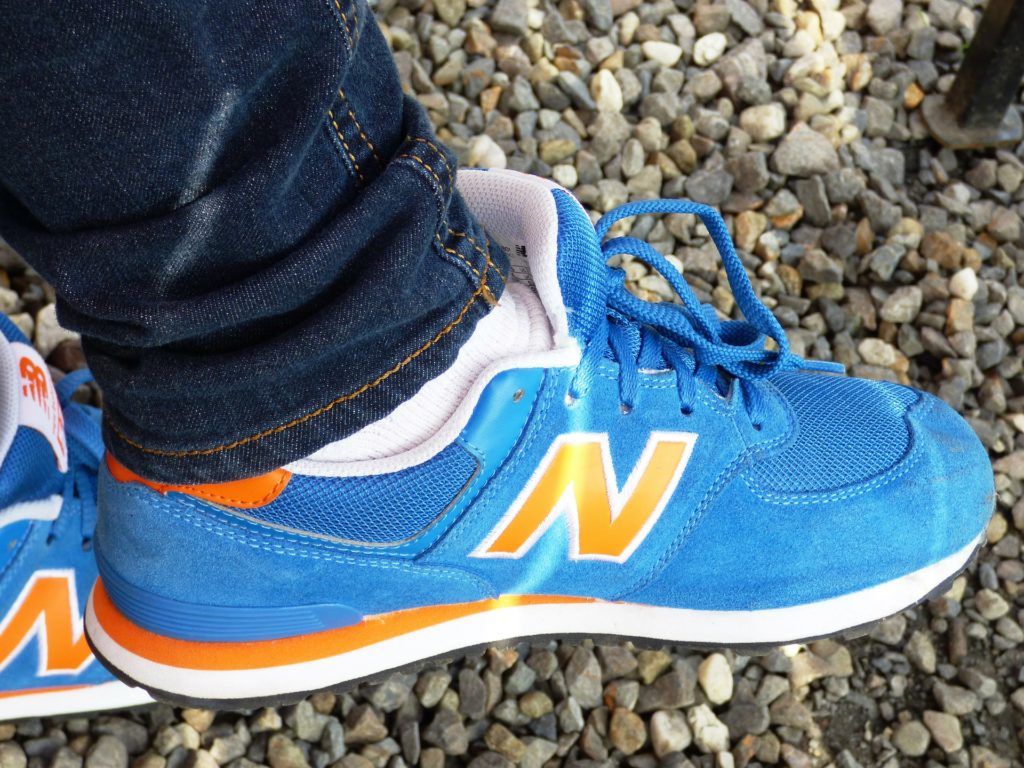
In 2011, the popular sneaker company came under fire for claiming that its “toning” walking shoes helped wearers burn more calories and improve overall health. The sneaker in question purportedly used hidden technology to increase calorie burning and activate the glutes, quads, hamstrings, and calves, but the company had no evidence to support these claims. According to the Huffington Post, “a Massachusetts judge agreed to let New Balance pay $2.3 million to settle false advertising claims filed against the company by three women in 2011.” The sneakers retailed at $100.
3. Naked Juice
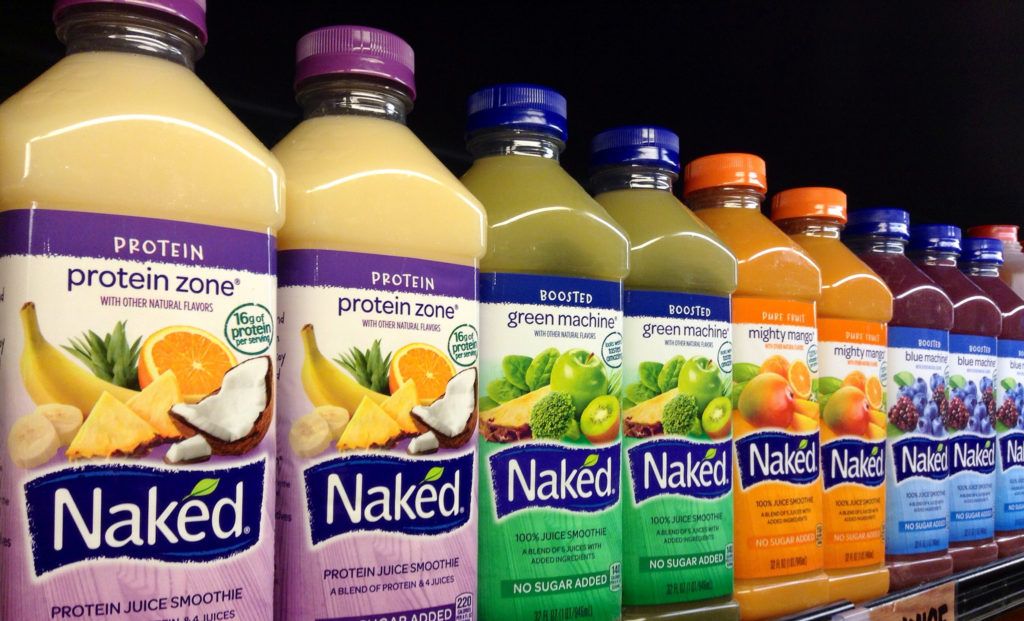
In 2013, Naked Juice was blasted for using phrases like “All Natural” and “100% Fruit” on their packaging. Not only were the juices not comprised only of natural ingredients, but some of Naked’s products were found to have contained genetically altered soy. Pepsico, which owns Naked Juice, defended its claims but “acknowledged that some products contained ‘an added boost’ of synthetic vitamins.” The company pulled the “all natural” label and paid $9 million to settle the suit.
4. Listerine
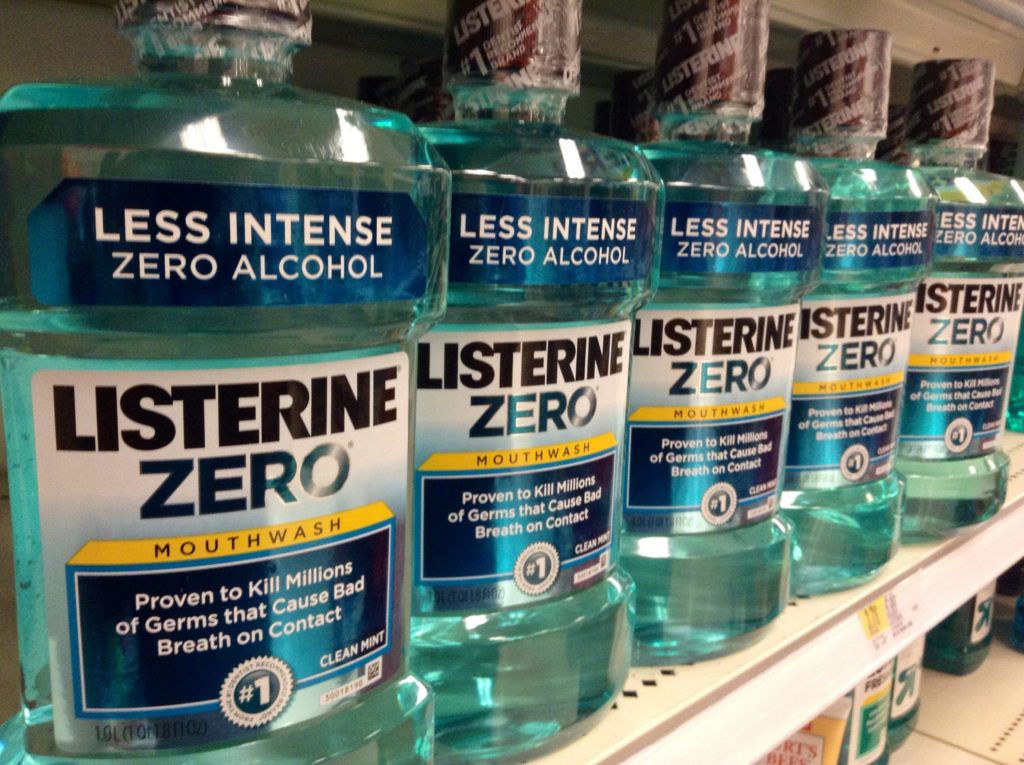
Listerine was the first over-the counter mouthwash sold in the United States, debuting in 1914. Soon after, the brand claimed that their product could prevent and cure colds and sore throats, prevent dandruff, and protect consumers from cuts and bruises. Needless to say, Listerine was slammed with numerous false advertising lawsuits. According to Mental Floss, “In 1975, the Federal Trade Commission ordered the company to spend $10 million in corrective advertising, seeing as their product was no more effective in treating colds than gargling warm water.” The brand was slapped with another lawsuit in 2005 for rigging clinical trials to substantiate its claim that Listerine was just as effective as floss (whose benefits have also recently been the subject of dispute).
5. Q-Ray Bracelets
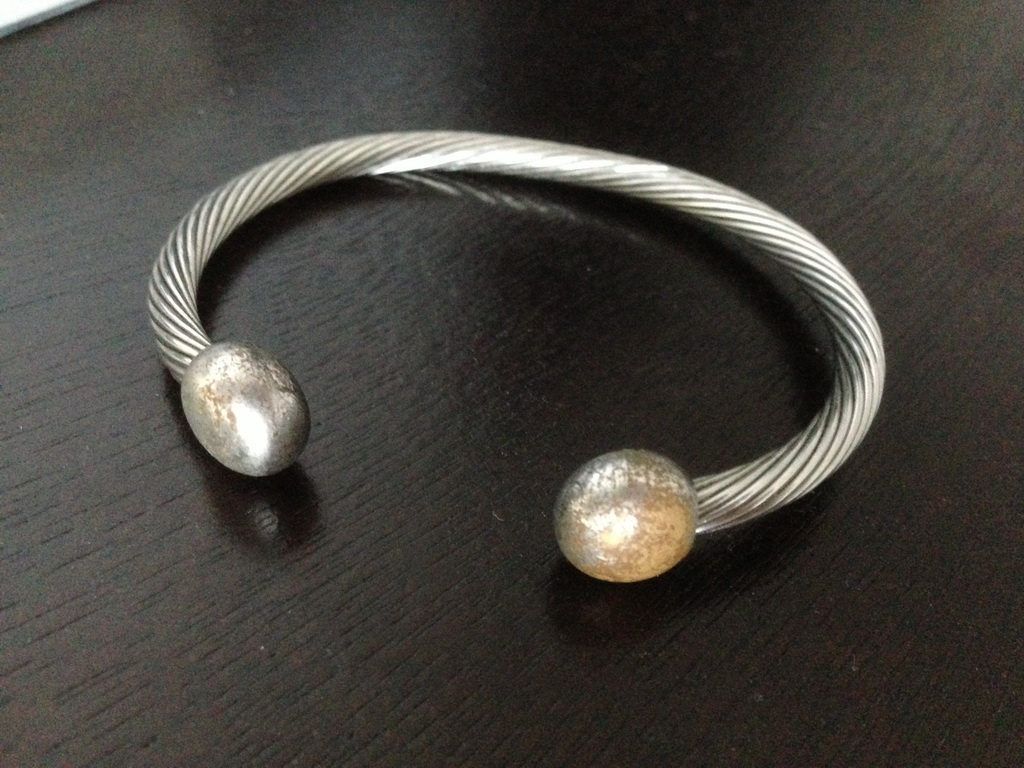
Q-Ray Bracelets swept the late-night infomercial circuit with claims that its wearers would experience immediate and significant pain relief from arthritis and other chronic conditions. Without any scientific evidence to support the product’s capabilities, customers were understandably confused and enraged when their bracelets failed to perform. According to Time, “After years of working its way through the court system, a lower court decision for the FTC was upheld by an appeals court in 2008 in an $87 million ruling against Q-Ray Bracelets.” In 2011, the FTC began mailing 248,931 refund checks to consumers who were misled by the company.”
Related Insights
We’re looking forward to working with you, too.
Start conquering the digital terrain today.



